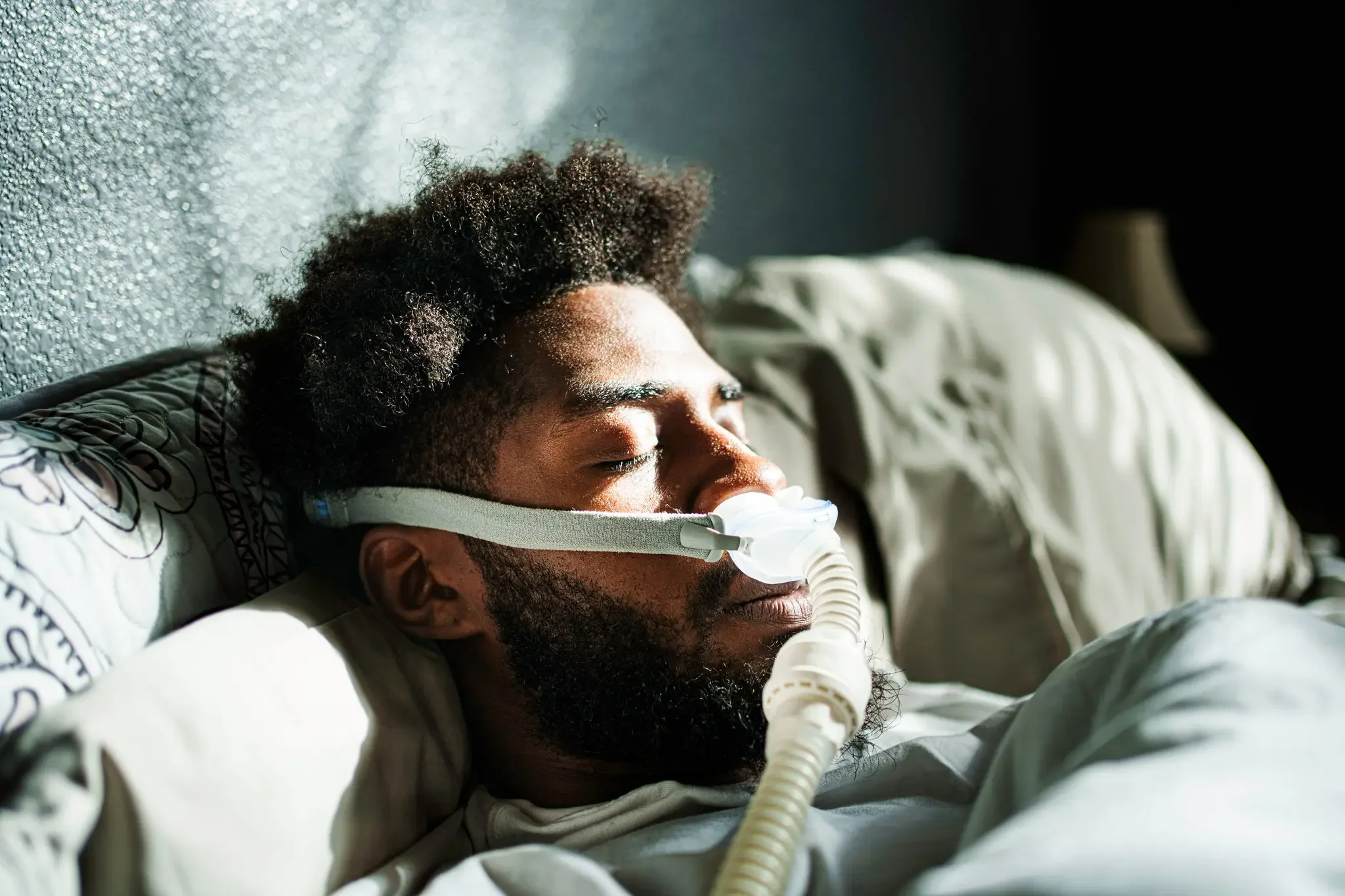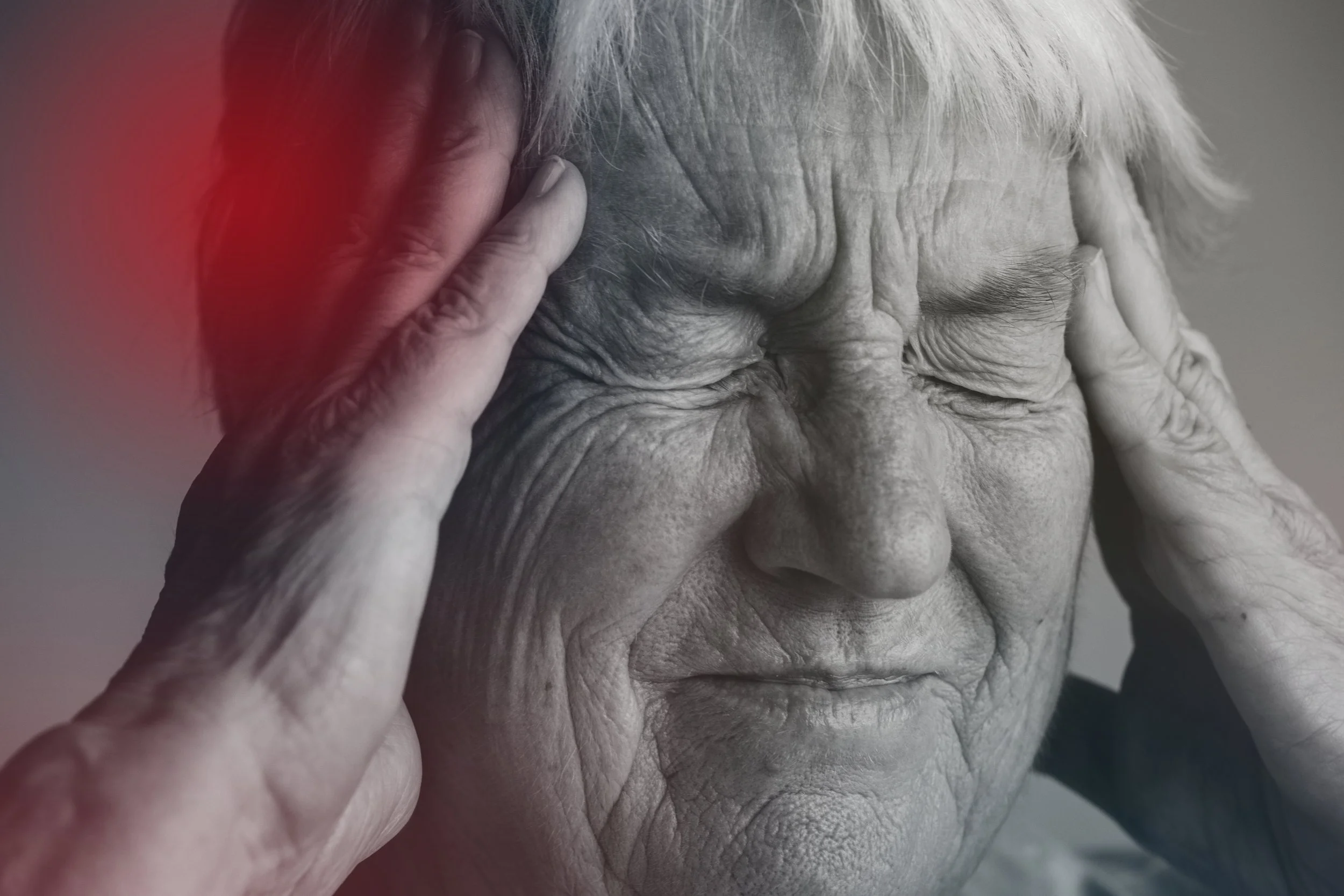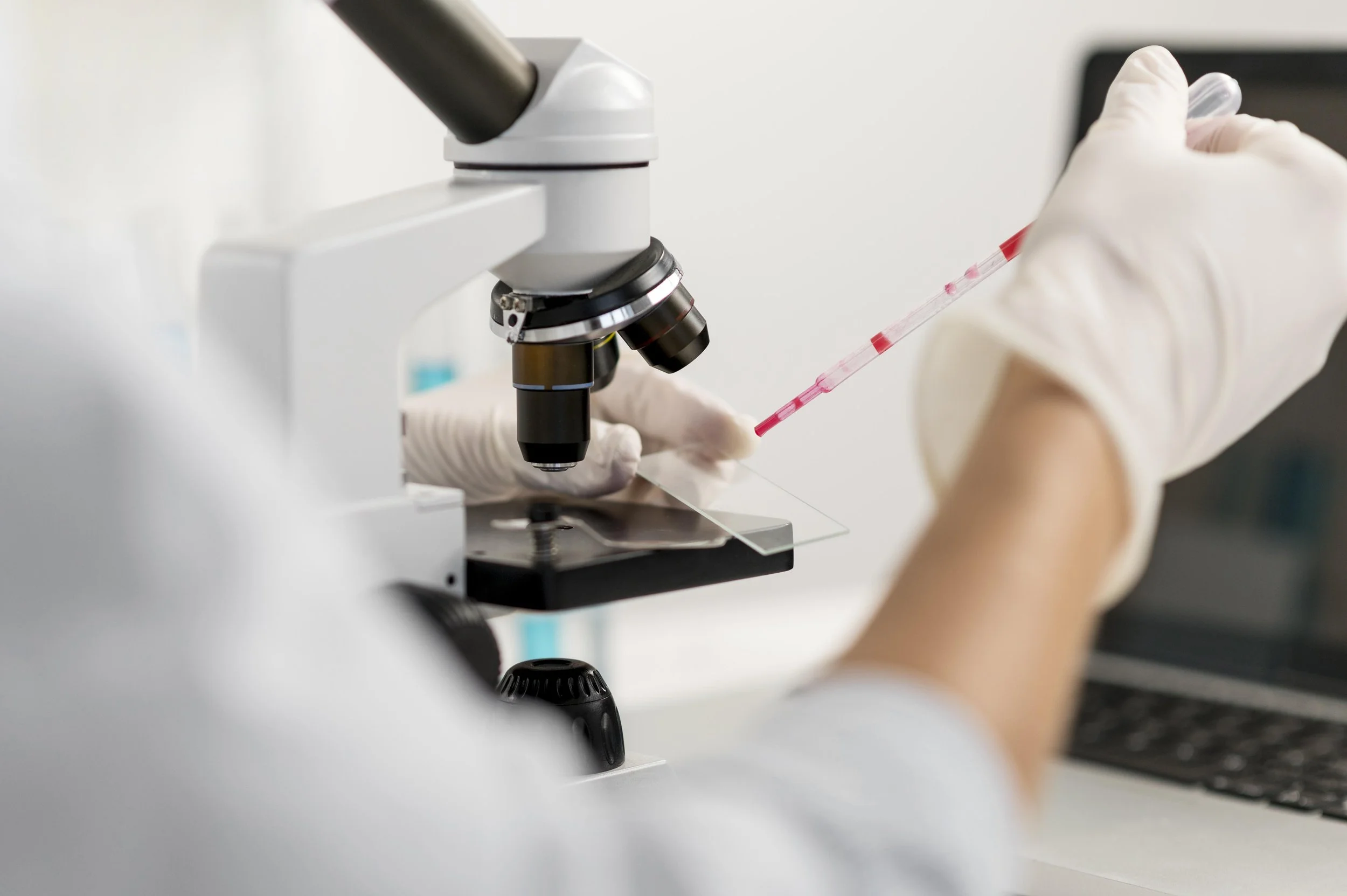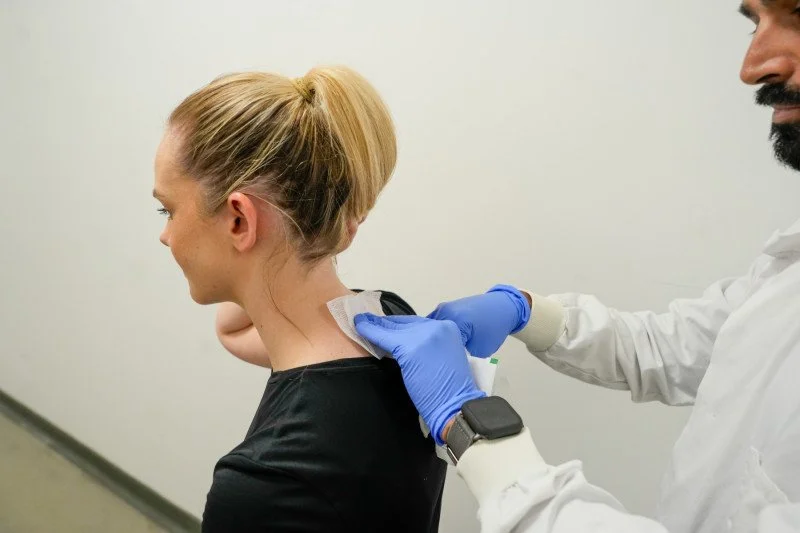
RBD in the News
Recent RBD News
Does sleep apnea increase Parkinson's risk?
A major new study led by NAPS investigator Dr. Lee Neilson, based on more than 11 million veteran health records, found that having obstructive sleep apnea in midlife is linked to a higher risk of developing Parkinson’s disease later on.
At the National Academy of Neuropsychology Conference in Los Angeles, Dr. Youssef Khattab, Research Coordinator at OHSU, presented new NAPS data titled “Quantifying cognitive change across one year in RBD: Initial follow-up of the NAPS Consortium study.
Better and faster science in synucleinopathies can bring us closer to neuroprotective clinical trials.
In a recent issue of Current Neurology and Neuroscience Reports, Drs. Lee Neilson and Miranda Lim, NAPS Investigators from Oregon Health Sciences University, review cutting-edge science in REM Sleep Behavior Disorder (RBD) and synucleinopathies.
Could we use wearable trackers to screen for RBD? 💭
Dr. Emmanuel During and colleagues reported a fascinating case in JAMA Neurology.
Dr. Albert “Gus” Davis joined experts in sleep, epilepsy, and circadian medicine for an engaging session exploring how these systems intertwine to influence neurological health at ANA2025.
Dr. Chengjie Xiong, leader of the NAPS Data & Statistical Management Core, shared groundbreaking findings at the International Parkinson and Movement Disorder Society Congress.
NAPS hosted the 3rd Annual Industry Roundtable concurrent with the Movement Disorders Society Congress in Honolulu, bringing together leaders from across academia and industry with one shared goal – preparing for neuroprotective treatment trials for synucleinopathies.
Earlier this year, president Joe Biden recognized Miranda Lim, M.D., Ph.D. (OHSU) with the Presidential Early Career Award for Scientists and Engineers (PECASE) – the nation’s highest honor for early-career researchers.
Dr. Lim is one of only 14 recipients from the U.S. Department of Veterans Affairs and among about 400 awardees nationwide.
At the 2025 World Sleep Congress in Singapore, our investigators highlighted the powerful intersections of sleep, epilepsy, and circadian health.
New research led by NAPS Co-Principal Investigator Dr. Ronald Postuma, sheds light on the earliest signs of synucleinopathies like Parkinson’s disease, dementia with Lewy bodies, and multiple system atrophy.
Dr. Lynn Marie Trotti has been named the new Director of the Emory Sleep Center, succeeding Dr. Nancy Collop, who retires after 15 years of transformative leadership.
We’re thrilled to share that Dr. Susan Criswell, Co-Leader of the NAPS Consortium’s Neuroimaging Core, has been named Chief Medical Officer for Clinical Research at Barrow Neurological Institute.
New research shows that REM sleep behavior disorder (RBD) takes a toll not only on people with Parkinson’s disease but also on their partners.
A recent study by NAPS Investigators Drs. Trotti and Bilwise from Emory University, following 323 adults over ~2.5 years, found that symptoms of idiopathic hypersomnia remain largely stable.
New research highlights the role of the gut in Parkinson’s disease subtypes.
Using metabolomics, scientists compared blood samples from Parkinson’s patients with and without REM sleep behavior disorder (RBD).
This week, we have NAPS Investigator, Dr. Aleksandar Videnovic at Harvard University and Massachusetts General Hospital to answer one of our most pressing RBD questions.
Emmanuel During, MD, an associate professor of neurology at the Icahn School of Medicine at Mount Sinai, discussed the external validation of an actigraphy-based classifier for diagnosing iRBD and its implications for scalable neurodegenerative screening.
This week, we have NAPS Investigator, Dr. Aleksandar Videnovic at Harvard University and Massachusetts General Hospital to answer one of our most pressing RBD questions.
A groundbreaking study published in JAMA Neurology, led by Dr. Lee Neilson, a NAPS investigator at Oregon Health Sciences University, explores the connection between hearing loss and Parkinson's disease (PD) risk in over 3 million US veterans.
In early June, the American Academy of Sleep Medicine hosted the 39th Annual Meeting of the Associated Professional Sleep Societies, LLC (APSS), a joint event between the American Academy of Sleep Medicine (AASM) and the Sleep Research Society (SRS).
For nearly 40 years, the SLEEP annual meeting has been the leading networking event for sleep professionals across the globe. This year, SLEEP 2025 took place in Seattle, Washington, drawing global experts in sleep medicine and research, with several NAPS investigators and support teams contributing to the event's discussions.
Dr. Tanis Ferman, a NAPS Clinical Core investigator, co-authored a study exploring how dementia with Lewy bodies (DLB) symptoms differ between men and women in the two years before diagnosis.
New research from France highlights a promising brain scan technique – neuromelanin-sensitive MRI – that measures dopamine in a key brain region affected by Parkinson’s disease (PD).
Explore the latest consensus on managing RBD, led by NAPS Investigator Dr. Aleksandar Videnovic and the International RBD study group.
NAPS Consortium members took center stage, presenting on key topics and leading discussions on neurophysiology, RBD ethics, longitudinal data, and patient risk communication, just to name a few.
New research is shedding light on a potential breakthrough for diagnosing Parkinson's disease (PD). A study using surface-based fluorescence intensity distribution analysis (sFIDA) found that α-synuclein aggregates, commonly associated with PD, can be detected in urine samples.
A recent study of over 42K participants published in Neurology reveals that a diet high in ultraprocessed foods may increase the likelihood of developing early signs of Parkinson’s disease, including probable RBD. Participants who ate the most ultraprocessed foods were 2.5 times more likely to show early symptoms like constipation, reduced smell, and sleep disturbances. While the findings aren’t conclusive, they underscore the importance of diet in brain health.
NAPS Co-Principal Investigator Dr. Brad Boeve teams up with Dr. Mike Silber, a member of the NAPS Scientific Advisory Board, for an episode on REM sleep behavior disorder (RBD) in the Mayo Clinic Sleep Medicine Podcasts.
The diagnosis of REM sleep behavior disorder needs, in addition to dream enactment behavior, a determination that EMG activity is excessive during REM sleep. But what is excessive? In this podcast, the team discusses how a practicing polysomnographer can make this determination.






























